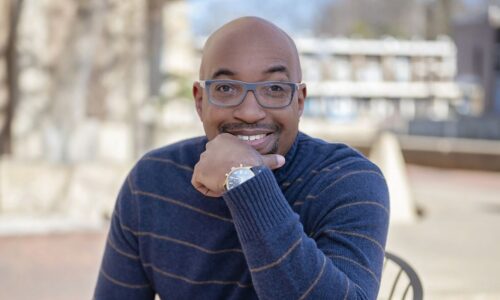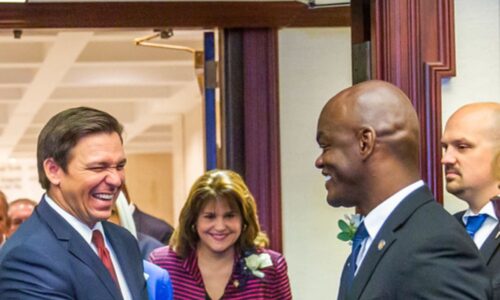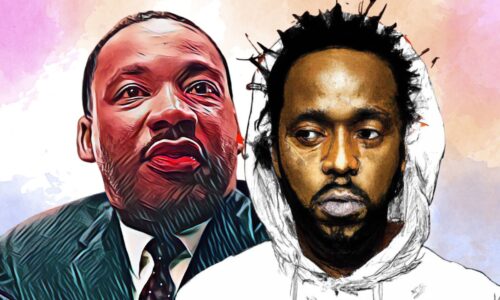 |
The Black Student Union at UC Berkeley is pushing back against the treatment of African-Americans on the campus.
As early as March of this year, the students were pissed off at the lack of support they receive from faculty members, in addition to being treated like criminals by the local police. It must be hard to concentrate on studies under these circumstances.
Also, the students’ complaints are backed up by hard-core scientific data.
Over the last seven months, Blacks and Latinos were stopped in detained at a higher rate than anyone else. The findings revealed that 30.5% of police stops were Black, despite making up only about 8% of the population.
A coalition of activists including the BSU, the local NAACP, and rights group CopWatch have banded together to demand quarterly reporting from the police, body cameras and other data that could prove helpful to stop the problem.
The Black Student Union at UC Berkeley ran an Op-Ed piece to explain to their fellow students why they were protesting and what should be expected on campus in the coming months.
Check it out:
This country and school have seen the stats for decades and are only beginning to adequately address this issue. After prolonged struggle, protests, dialogue and mobilizing from the UC Berkeley Black Student Union and Black supporters, some of the demands have finally begun to be implemented, and we appreciate the administration moving forward with this momentous initiative.
This is a long overdue initiative that would not have come about without the constant mobilizing by Black people.
Many of us students were never given the tools or opportunity to go to a university. We understand the historic amnesia, division, indoctrination and conditioning our school system was created for, and how it was not made for us to succeed. We, however, understand the opportunities and partial tools higher education can give us to liberate our people.
As servants of the people, we have learned that the conditions in which we are operating are unacceptable and the only way for us to change them is through uniting, mobilizing and demanding. As Martin Luther King Jr. said, “Freedom is never voluntarily given by the oppressor; it must be demanded by the oppressed.”
We recognize the significance of this initiative and the reverberations, but we also understand that if Black Lives Mattered there would be no need for this initiative. We also acknowledge the erasure of our contributions within the initiative. The pervasiveness of White supremacy has temporarily forced us to resort to these improvements. But Huey Newton referred to these as only survival programs so they are all pending revolution. The circumstances of our youth and adult population are horrendous and this African-American Initiative is one small step toward improving them. We look forward to working with the administration on these beginning steps.
In struggle,
UC Berkeley BSU




